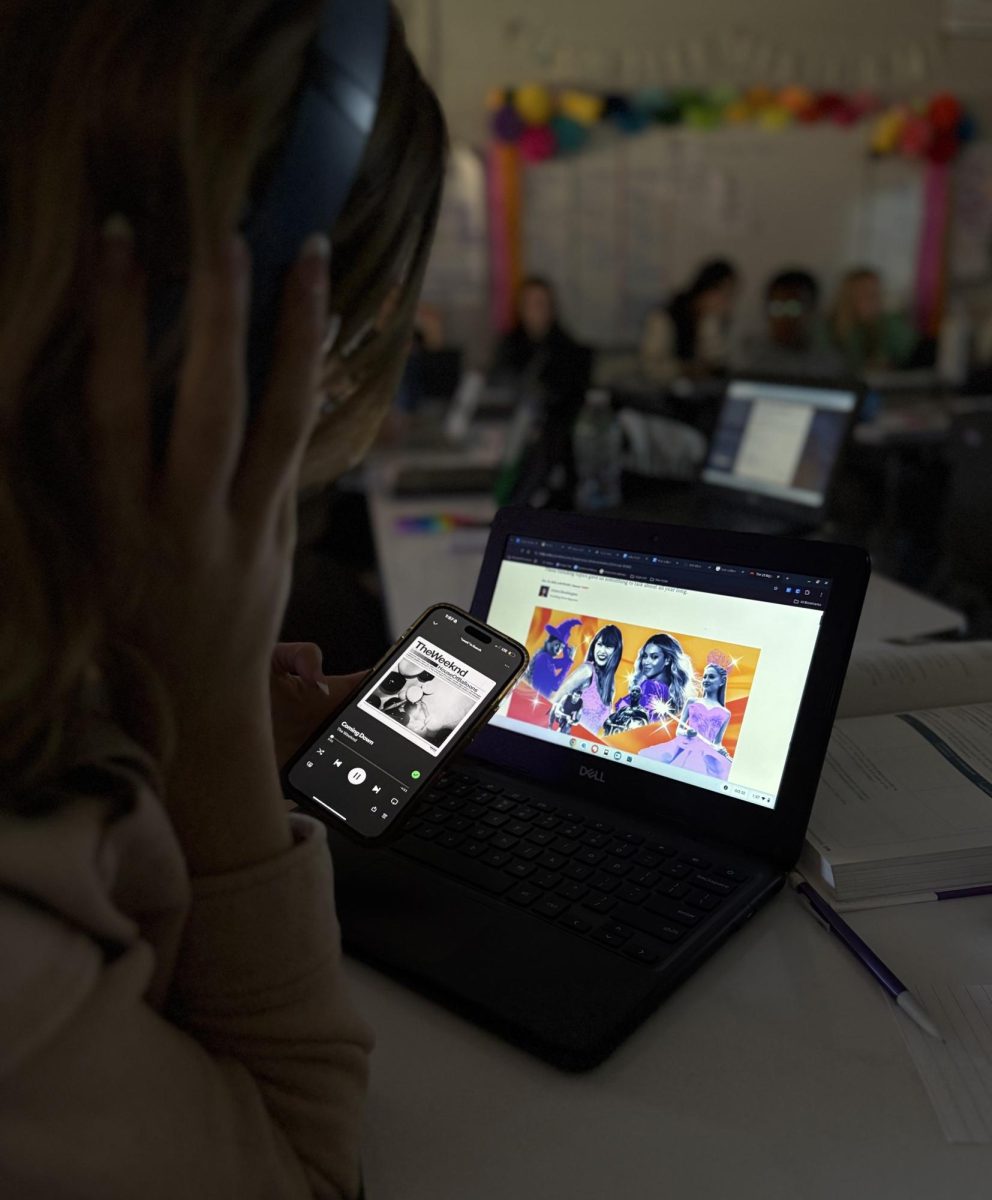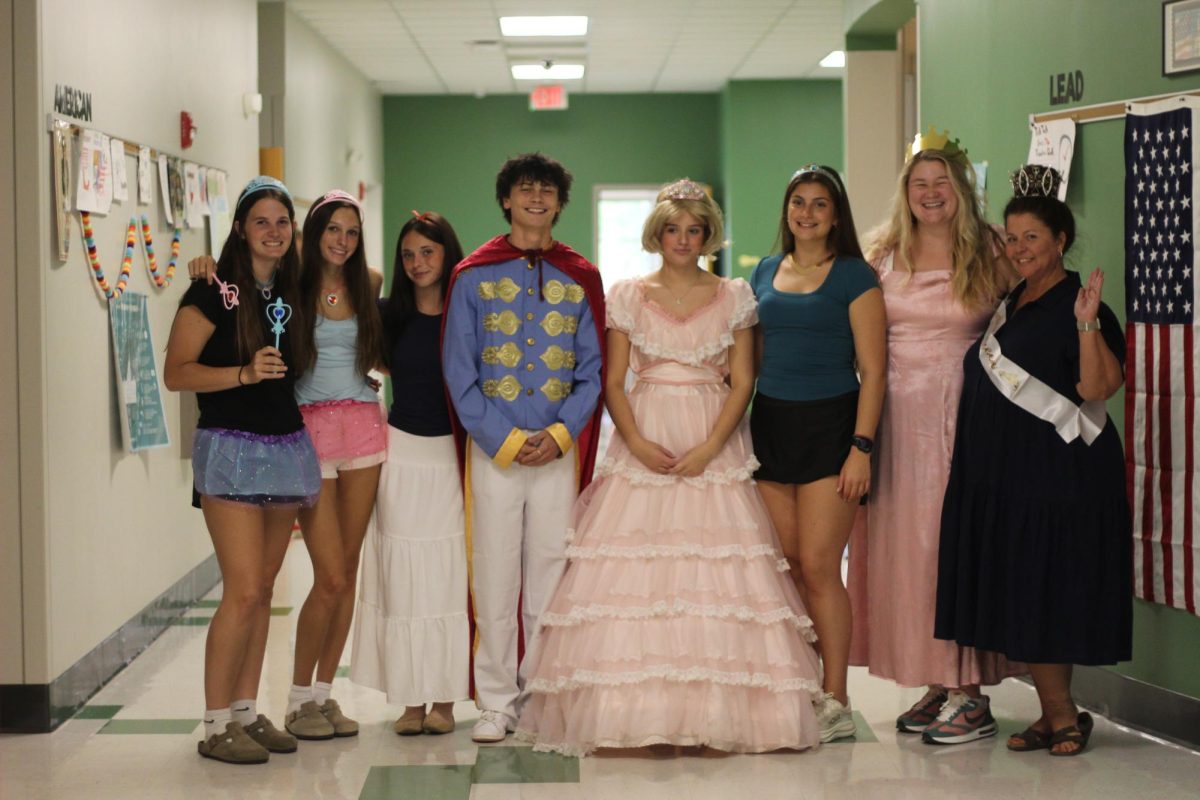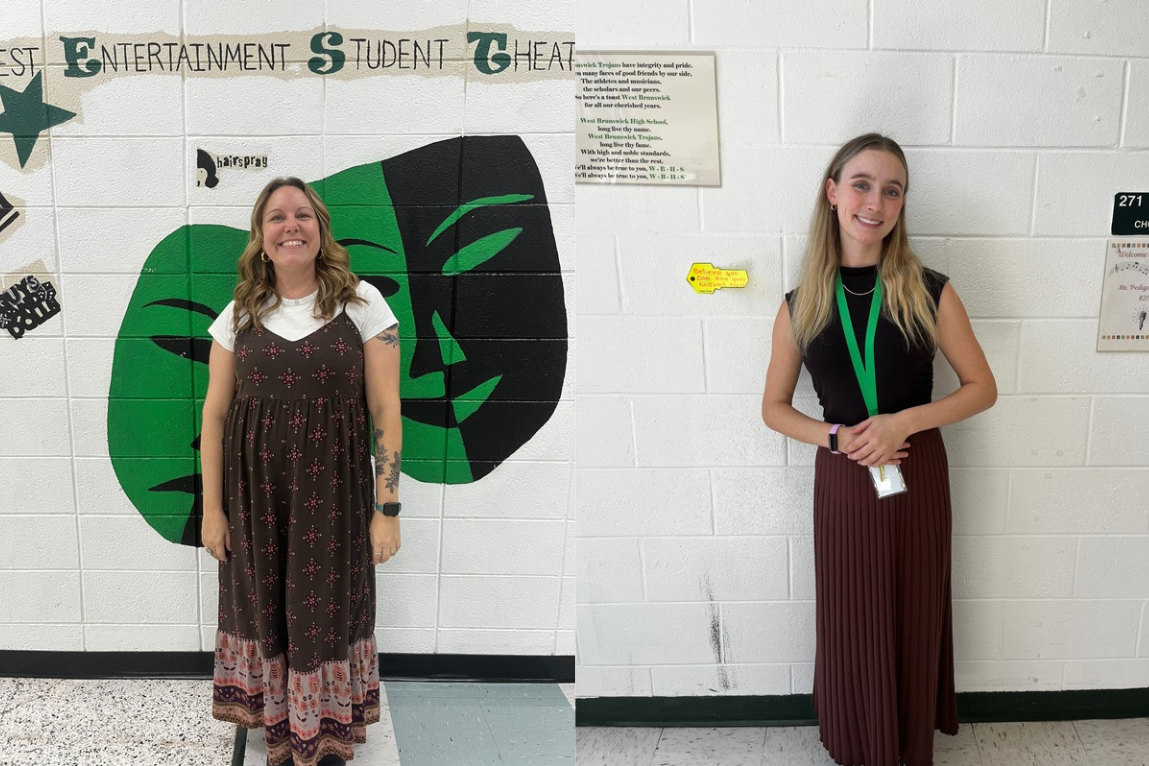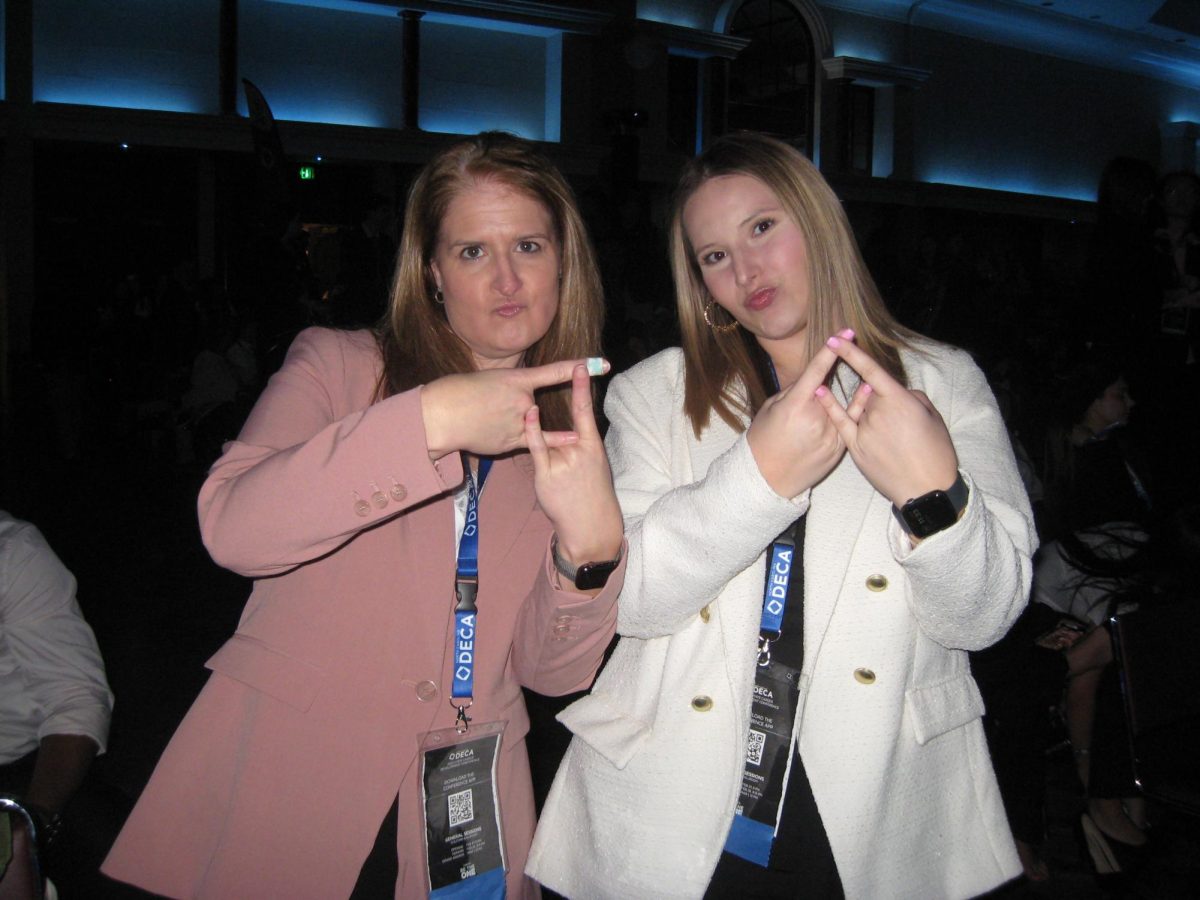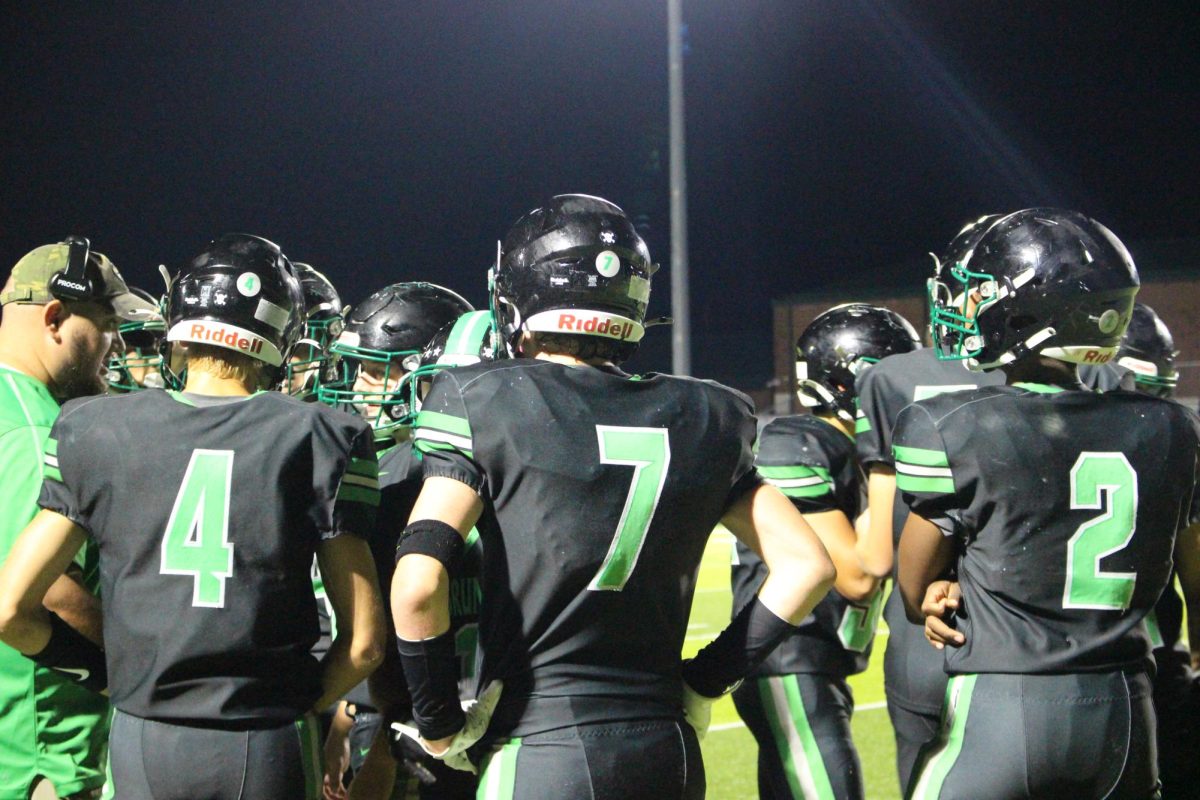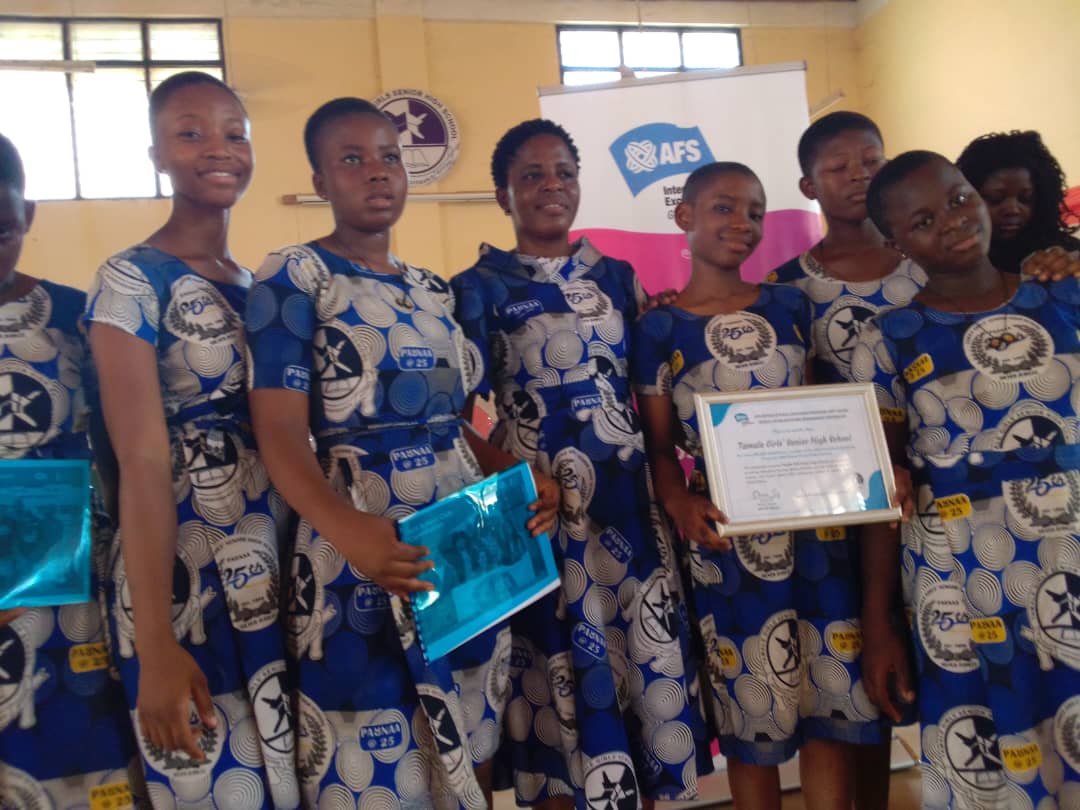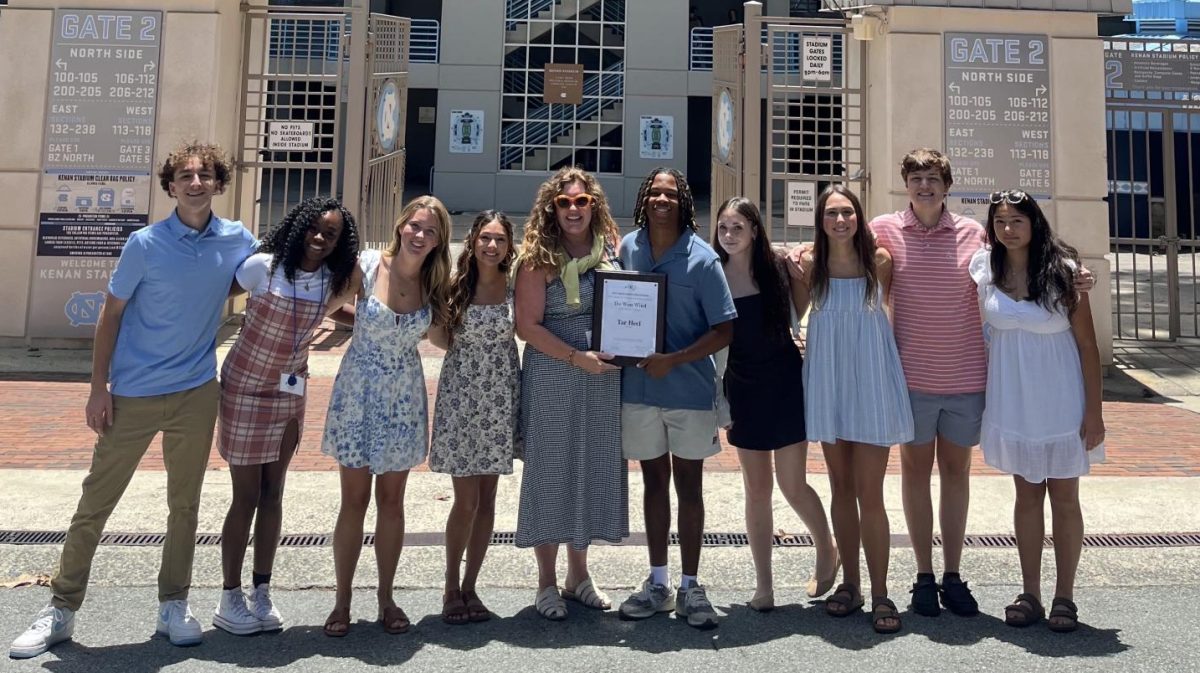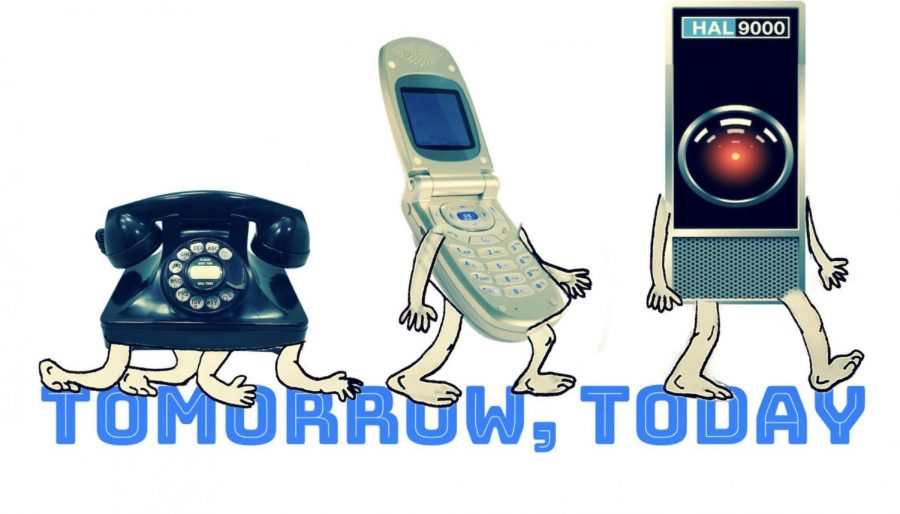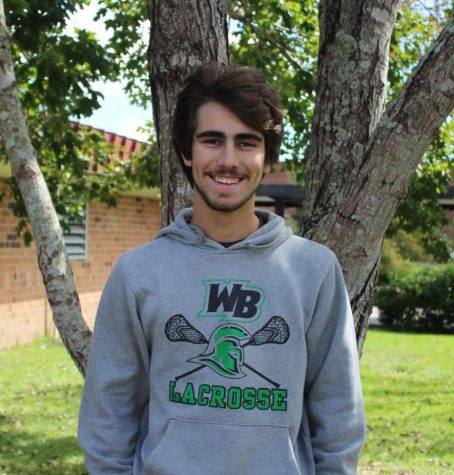Tomorrow, Today!
CRISPR Technology
Photo by Anthony Fallone
Nov 19, 2020
This time on Tomorrow, Today we are gonna talk about mutants, metal claws sold separately, and the troubling economic future of test-tube babies.
Today, we are going to be talking about CRISPR Cas-9, an acronym for a lot of really big words that make even less sense when you put them together; the CRISPR Cas-9 is a gene editing tool, or a tool that can be used to add, remove, or change any sequence of DNA to fit a desired result. Allowing us to change the blueprint of our body in pretty much any way we want.
It does this through a very complicated process of slicing, hacking, and replacing different molecular compounds in DNA that I won’t get into but let’s just say it’s pretty high tech stuff. It has been used extensively on animals and bacteria, with the recent decade bringing in some of the first human subjects.
Now the ability to change our DNA presents a ton of ethical and moral problems for everyone. Will the rich and powerful be able to pre-order the perfect child–genetically modified to be attractive, athletic, and charismatic–while the rest of us are stuck with “imperfect” genes? Do gene-modified athletes get their own leagues? How have these people still not cured cancer?
However, this tech has already been used to save the life of 1-year-old Layla who suffered from leukemia. According to New Scientist, doctors used CRISPR to edit Layla’s genes and allow her to fight off her cancer. Sadly, tests on older children have been less successful.
The scientific community has its own thoughts on CRISPR, with many scientists initially condemning it as an abuse of technology. They claim that if used irresponsibly this technology could cause significant harm to our biological health, raise numerous new moral dilemmas, as well as damage society by fundamentally changing our species.
On the other hand many scientists also see CRISPR as an invaluable tool with which we will hopefully be able to cure genetic diseases that were previously thought to be terminal. The scientists who discovered CRISPR, Dr’s. Jennifer Dounda and Emmanuelle Charpentier, won a Nobel prize in chemistry for their discovery in 2020.
Only time will tell how this responsibly this new technology is handled, but as the great Steve Jobs once said “It’s not a faith in technology. It’s a faith in people.”




